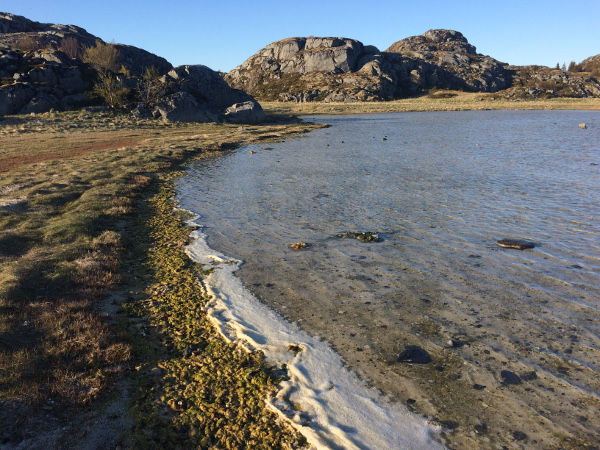
Bliksvaer Ramsar site, Norway. Photo: Bente Lilja Bye
The link between my expertise on planets and the universe on the one side, and biodiversity and wetlands on the other, is my engagement in Earth observations. Some of these observations are collected from space, as I am sure you all know. Through my work for and in the Group on Earth observations I am currently working on a webinar addressing both wetlands and biodiversity and how they can benefit collectively from Earth observations.
So what can be more appropriate than to announce the event on this particular day - the 22nd of May - the World Biodiversity Day.
GEO and Ramsar (the convention on wetlands named after where it was signed, in Ramsar, Iran) are co-hosting this webinar that is targeting students, scientists and other experts interested in doing cross-disiplinary work using Earth observations.
The biodiversity component is going to be covered by GEO BON, one of the biggest success stories from GEO. It is a large so-called community of practice gathering experts and practitioners working particularly on issues related to monitoring our biodiversity. Among the things they are working on is agreeing on a set of essential variables that we can measure and that tells us something about changes in biodiversity.
The European Space Agency is highly engaged in accommodating the wetlands and biodiversity communities and their need of space-based observations. Have a quick introduction to the some of the challenges and what space can help with here.



Comments